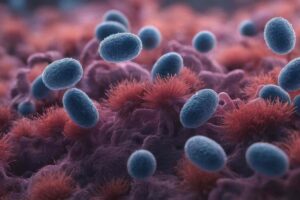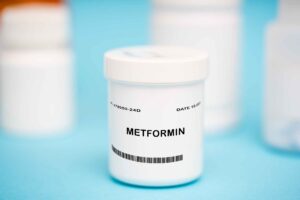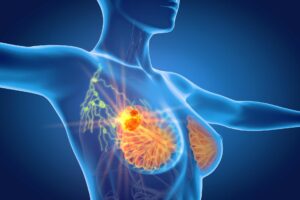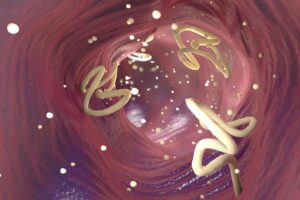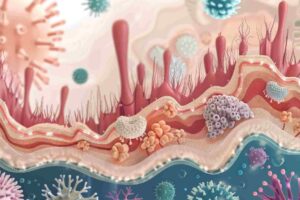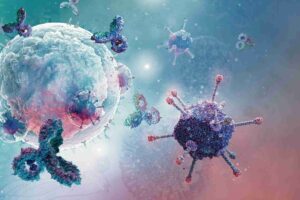Giorgia Guglielmi
Giorgia Guglielmi is a freelance science writer based in Basel, Switzerland. Specializing in life sciences, medicine, and the relationship between science and society, she has published numerous articles in outlets including Nature, Science, and Scientific American. She holds a PhD in biology from the European Molecular Biology Laboratory and a Master’s in Science Writing from the Massachusetts Institute of Technology. She has received recognition for her work, including the John Kendrew Award in 2020 and an ERC-funded FRONTIERS Media Fellowship in 2025. She has also led lectures and workshops on science communication at institutions such as Harvard University and the University of Zurich.
Gastroenterology, Immunology
The findings of a recent study may inform the development of antibiotics that kill harmful bacteria and not beneficial ones.
Gastroenterology, Gynecology
The findings of a recent study suggest that the gut microbiota of women with PCOS and dyslipidemia differs from that of women with PCOS only and healthy women.
Oncology
The findings of a recent study suggest that the combination of anti-PD-1 immunotherapy with a lack of TREM2 generates a gut environment that promotes inflammation, which improves tumor rejection.
Gastroenterology, Gynecology
The findings of a recent study suggest that gut bacteria transform steroids into hormones that may impact a woman’s health, especially during pregnancy.
Scientific research
The findings of a recent study suggest that metformin regulates glucose metabolism by altering specific gut bacteria rather than by causing a general increase in microbial diversity.
Gastroenterology
The work, published in Nature, found a link between the gut, its microbiota and reproductive cells in mice.
Gastroenterology, Nutrition
The findings of a recent study suggest that Desulfovibrio can drive cancer progression, paving the way for therapeutic approached that targeting the gut microbiota.
Gastroenterology, Pediatrics
The authors advocate for further research on worm-microbiota interactions, suggesting that new animal models could help inform strategies for improving health during early life.
Dermatology, Scientific research
The findings of a recent study may help clinicians to select more targeted antimicrobials based on where on the body the surgery is taking place or which type of bacteria…
Oncology
The findings uncover a link between vitamin D, the immune system and gut bacteria, and they suggest that vitamin D levels could be important for cancer immunity and the efficacy…


